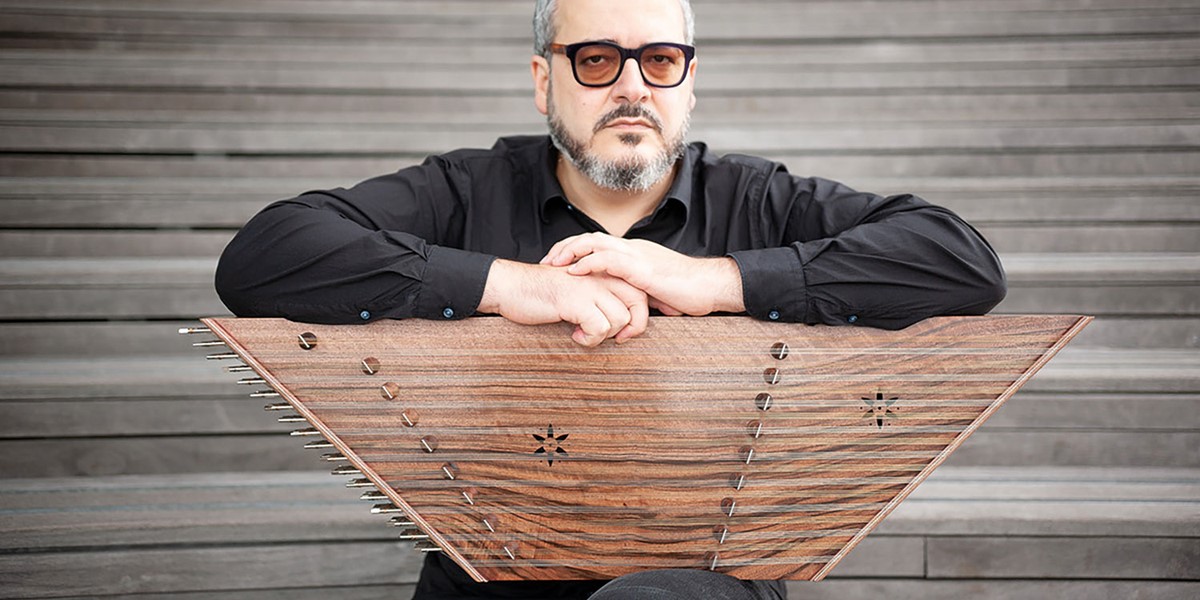Thursday, December 12, 2024
Introducing Amir Amiri
Simon Broughton profiles an Iranian santur player who has faced trauma but now focuses on paying respect to his ancestors and raising the profile of his instrument

Amir Amiri (photo: Friso Pankonin)

Register now to continue reading

Thanks for visiting the Songlines website, your guide to an extraordinary world of music and culture. Sign up for a free account now to enjoy:
- Free access to 2 subscriber-only articles and album reviews every month
- Unlimited access to our news and awards pages
- Our regular email newsletters

